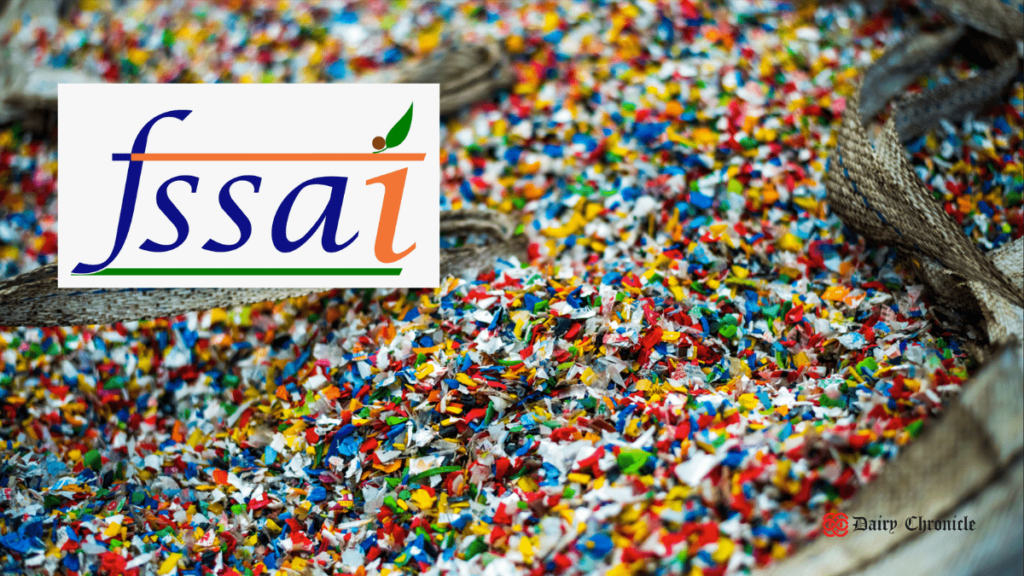FSSAI has launched a project to detect microplastics in food, collaborating with leading Indian research institutions to develop and validate detection methods and assess contamination levels.
On August 18, 2024, the Food Safety and Standards Authority of India (FSSAI), based in New Delhi, launched a crucial initiative to address the growing issue of microplastic contamination in food. This project, named “Micro-and Nano-Plastics as Emerging Food Contaminants: Establishing Validated Methodologies and Understanding the Prevalence in Different Food Matrices,” aims to develop and validate methods for detecting micro and nano-plastics in various food products. Launched in March 2024, the project seeks to assess the prevalence of microplastics and their exposure levels within India.
Microplastics Detection Protocol
The primary goals of this initiative include the development of standard protocols for analyzing micro and nano-plastics, performing intra- and inter-laboratory comparisons, and gathering crucial data on microplastic exposure among consumers. The FSSAI is collaborating with prominent research institutions, including the CSIR-Indian Institute of Toxicology Research in Lucknow, ICAR-Central Institute of Fisheries Technology in Kochi, and the Birla Institute of Technology and Science in Pilani.
A recent report by the Food and Agriculture Organization (FAO) highlighted the presence of microplastics in common foods like sugar and salt. This underscores a global issue, with a pressing need for specific data regarding its impact on human health, particularly in the Indian context.
FSSAI’s Commitment
As India’s food safety regulator, FSSAI is dedicated to ensuring that consumers have access to safe and healthy food. While global studies have identified microplastics in various foods, it is crucial to obtain reliable data for India. This project will help determine the extent of microplastic contamination in Indian food and aid in the creation of effective regulations and safety standards to protect public health.
The results from this initiative will not only guide regulatory measures but also contribute to global research on microplastic contamination, positioning Indian efforts as a significant component in the worldwide fight against this environmental challenge.



